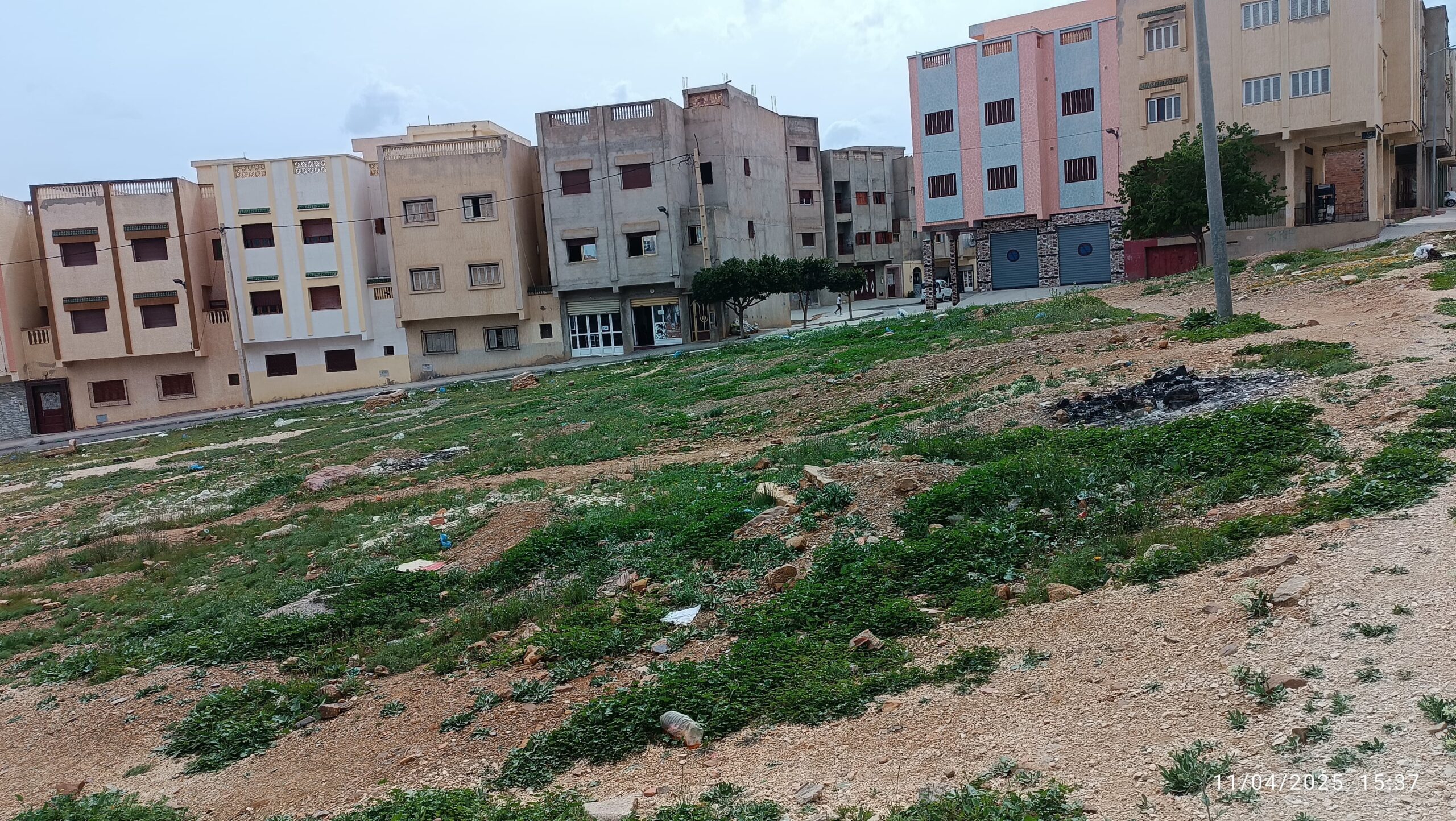Casablanca – The Moroccan government has unveiled a comprehensive reform of the local tax system, introducing new rates for undeveloped urban land and transferring tax collection responsibilities to streamline operations and improve efficiency. This move is part of a wider agenda aimed at boosting the financial autonomy of local governments and promoting more responsible land use across urban territories.
Approved by the Government Council on Thursday, draft law No. 14.25 updates the existing legal framework on territorial taxation. It introduces a progressive tax model for vacant land based on infrastructure levels and restores authority over housing and communal service taxes to the national tax administration.
Higher taxes for better-served land
One of the most notable changes is the revised structure of the tax on undeveloped urban land. The reform introduces a tiered system that adjusts tax rates based on the availability of public amenities in different zones.
- In well-equipped urban areas with full access to services like roads, electricity, water, sewage systems, public lighting, waste collection, schools, health centers, and transportation, the tax will range from $2.06 to $3.09 per square meter.
- In moderately equipped areas, where infrastructure such as roads, water, and electricity is present but less comprehensive, the rate will be between $1.03 and $1.55 per square meter.
- In poorly equipped or underserved zones lacking most basic infrastructure, the tax will be set between $0.05 and $0.21 per square meter.
Authorities will determine the classification of zones, but these classifications must be approved by the regional governor to become effective. Additionally, taxes under $20.62 will not be issued, ensuring administrative efficiency.
The reform also updates the general tax bracket for undeveloped urban land. The previous rates, which ranged between $0.41 and $1.24 per square meter, are now replaced by a broader bracket of $1.03 to $3.09.
Centralized management of local taxes
In another significant shift, the government is transferring the collection of the housing tax and communal services tax back to the General Directorate of Taxes (DGI). These taxes had been previously handed to the General Treasury in 2021 under an earlier amendment.
This change consolidates the management of Morocco’s three major local taxes—the professional tax, the housing tax, and the communal services tax—under one authority. The objective is to improve coordination, strengthen data integrity, and ensure more consistent taxpayer oversight.
In July 2024, a formal decree required that all taxpayer files related to these two taxes be transferred from the Treasury to the DGI, including all supporting documents and digital data. The current legal update enables the DGI to officially resume full responsibility for issuing and collecting these taxes.
Creation of municipal tax collectors
To further support local tax enforcement, the reform introduces municipal tax collectors who will be responsible for the recovery of other local taxes not managed by the DGI. These collectors will operate under a shared appointment by the Ministry of the Interior and the Ministry of Finance. They will also have the authority to enforce collections when necessary.
According to the new framework:
- The DGI will handle the professional tax, housing tax, and communal services tax.
- Municipal collectors will oversee all remaining taxes listed in the territorial taxation law.
Payments can be made either to the local government revenue office or directly to the assigned tax collector, using a standardized administrative form.
Strategic goals and broader vision
This reform is aligned with Morocco’s ongoing efforts to modernize its tax system and decentralize fiscal power. It reflects the conclusions of the national tax conference held in Skhirat and supports the long-term objectives of framework law No. 69.19, which outlines the country’s broader fiscal reform agenda.
By connecting taxation to public service availability and modernizing tax administration, the government aims to foster greater fairness in land use, reduce speculation, and encourage more efficient development. These steps are also expected to enhance local governance and resource planning.
The changes mark a decisive step toward creating a transparent, equitable, and development-oriented fiscal environment—one in which municipalities can better meet their service obligations while encouraging citizens and developers to make productive use of urban land.
















